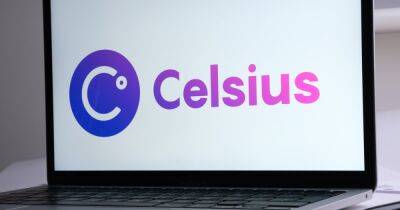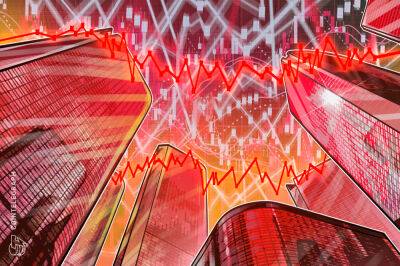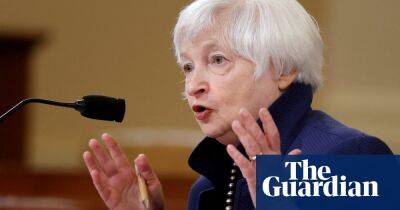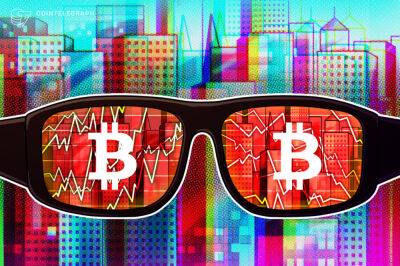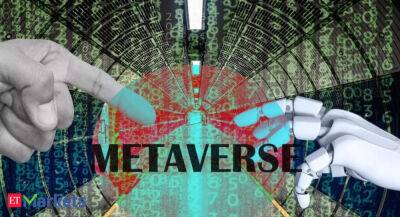Is the US heading for a recession? Here’s what you need to know
Last Friday, the US Bureau of Labor Statistics released its May Consumer Price Index (CPI) report, which showed inflation worsening. On Wednesday, the Federal Reserve responded by raising interest rates by three-quarters of a point. Yet the bigger story, and bigger worry, is not inflation. It’s the distinct possibility of recession. Or perhaps both (what’s termed “stagflation.”) Here are some frequently asked questions:
1.Is the US heading for a recession? Many signs point in that direction. New home construction slowed in April. Mortgage demand continues to decline. Some of the country’s largest and most influential retailers are reporting disappointing sales and profits. The stock market is in bear territory. Futures markets are signaling trouble ahead.
2. What exactly is a recession? “Recession” is a technical term, defined in the US as two consecutive quarters of shrinking gross domestic product. As a practical matter, recessions mean fewer jobs and lower wages.
3. When is a recession likely to happen — and should I panic? Don’t panic! If it occurs, it won’t happen immediately. I’d guess some time over the next six months. It’s a possibility that you ought to be aware of.
4. Who gets hurt most by a recession? Lower-income Americans are especially vulnerable because they tend to be the first fired when the economy slows (and the last hired when it rebounds). Recessions also hurt younger people trying to get their footing in the job market. And they can be hard on retirees whose IRAs or 401(k) accounts get clobbered.
5. Why are we heading toward a recession? Partly because of continued uncertainty from the coronavirus pandemic and Russia’s invasion of Ukraine. But the main cause in the US is interest-rate hikes by the
Read more on theguardian.com




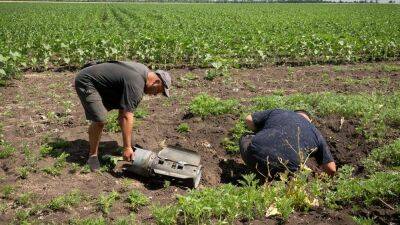


![ETC [Ethereum Classic] turtles should note down these points before setting trigger](https://finance-news.co/storage/thumbs_400/img/2022/6/21/30609_uahyq.jpg)



